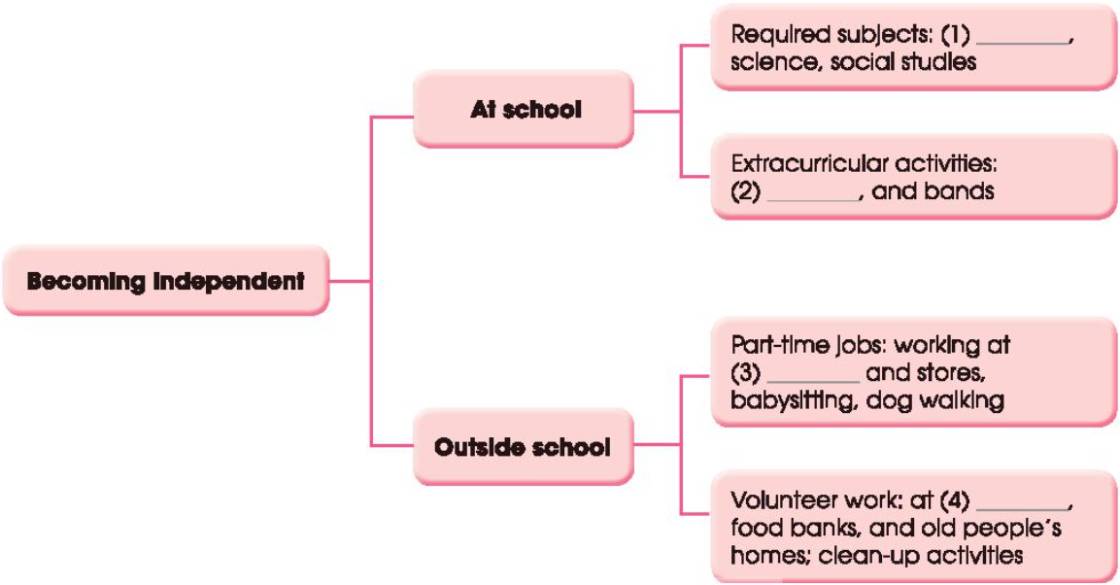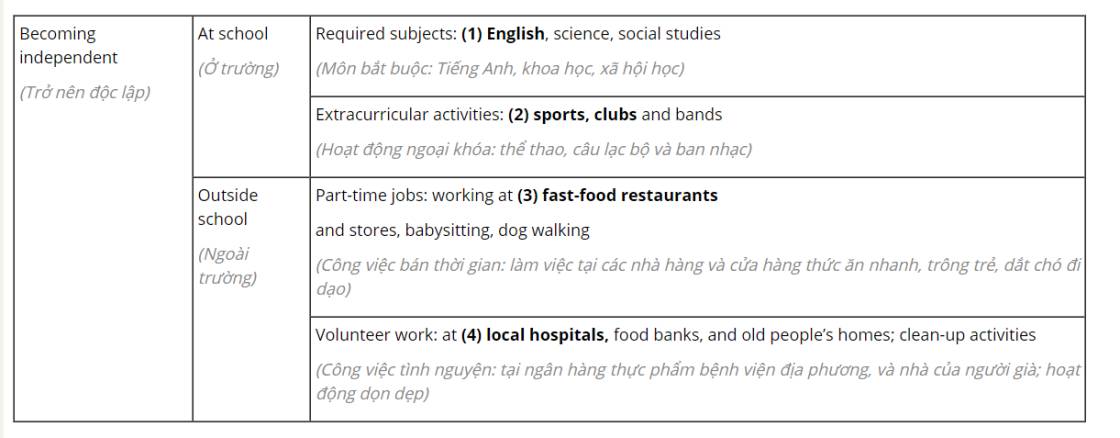One pleasant New-year morning, Edward rose, and washed and dressed himself in haste. He wanted to be first to wish a happy New Year. He looked in every room, and shouted the words of welcome. He ran into the street, to repeat them to those he might meet. When he came back, his father gave him two bright, new silver dollars. His face lit up as he took them. He had wished for a long time to buy some pretty books that he had seen at the bookstore. He left the house with a light heart, intending to...
Đọc tiếp
One pleasant New-year morning, Edward rose, and washed and dressed himself in haste. He wanted to be first to wish a happy New Year. He looked in every room, and shouted the words of welcome. He ran into the street, to repeat them to those he might meet. When he came back, his father gave him two bright, new silver dollars. His face lit up as he took them. He had wished for a long time to buy some pretty books that he had seen at the bookstore. He left the house with a light heart, intending to buy the books. As he ran down the street, he saw a poor German family, the father, mother, and three children shiveringwith cold. "I wish you a happy New Year," said Edward, as he was happily passing on. The man shook his head. "You do not belong to this country," said Edward. The man again shook his head, for he could not understand or speak our language. But he pointed to his mouth, and to the children, as if to say, "These little ones have had nothing to eat for a long time." Edward quickly understood that these poor people were in distress. He took out his dollars, and gave one to the man, and the other to his wife. How their eyes sparkled with gratitude! They said something in their language, which doubtless meant, "We thank you a thousand times, and will remember you forever." When Edward came home, his father asked what books he had bought. He hung his head a moment, but quickly looked up.
13. "I have bought no books," said he, "I gave my money to some poor people, who seemed to be very hungry and wretched. "I think I can wait for my books till next New Year. Oh, if you had seen how glad they were to receive the money!" "My dear boy;" said his father, "here is a whole bundle of books. I give them to you, more as a reward for your goodness of heart than as a New-year gift. "I saw you give the money to the poor German family. It was no small sum for a little boy to give cheerfully. "Be thus ever ready to help the poor, and wretched, and distressed; and every year of your life will be to you a happy New Year."
1.What is the main lesson of this passage?
A/We should always wish everyone we can happy New Year.
B/We should help foreign people.
C/We should not buy books, but instead we should buy food.
D/We should give all we can to those in need.
2.Why does Edward give his silver dollars to the German family?
A/Because his father has instructed him to always help foreign families in need.B/Because he pities them and knows they need the money more than he does.C/Because he didn't actually want the books after all and didn't want his father to find out.D/Because he saw his brother do the same thing last New Years.
3.What does the author mean when he says, "his face lit up"?
A/The light made his face bright.
B/The light showed how happy he was.
C/He turned on the light.
D/He was overjoyed.
4.What causes Edward's father to give Edward a bundle of books?
A/He wants to wish Edward a happy New Year.
B/He wants to reward Edward's goodness.
C/He wants Edward to learn how to read more fluently in German.
D/He wants Edward to do better in school.
5.What do you think the German family will do with the money Edward gives them?
A/They will give the money to those less fortunate than themselves.
B/They will invest in a business.
C/They will ask for more money from another child.
D/They will feed their children.






1. Nick's father enjoy___carving eggshells_____.
2. He took up this hobby when he came back home from___the US_____.
3. He learned to carve from____the Internet____.
4. Nick thinks you can learn to carve if you have ____the time______.
5. Carved eggshells can be used as____Unigue gifts____ for your family and friends.
cám ơn bạn =0